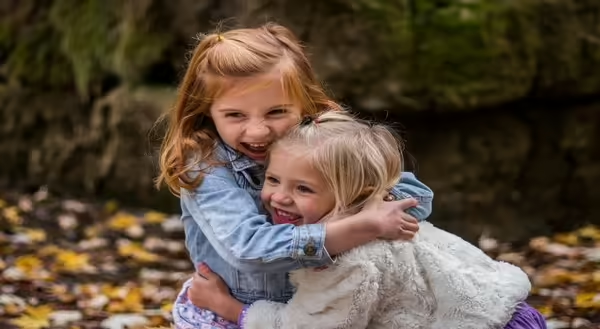
Impulse control involves knowing how and when to express emotions like excitement, frustration, joy, disappointment, and anger. It is a process that develops as children mature and is critical for their success in making and keeping friends, which in turn boosts their self-esteem and school success.
The Illinois Early Learning Project has a great tip sheet that includes tips on how to help young children to develop impulse control. For infants to older preschool children they suggest:
- Infants need a responsive and predictable environment. When you respond to their physical needs with love and care, they learn to expect order in their world. They also learn that their actions affect others.
- Toddlers need to feel independent and capable. You can help them use their developing language skills to label their own and others’ actions. Learning to describe actions, thoughts, and feelings with words is key to having good impulse control.
- Older preschool children learn to control their impulses by taking turns or sharing their toys. They are increasingly able to use language to control their emotions and interact with others.
For 3 – 5 year olds, they recommend to:
- Suggest words that your child can use to say how she feels. If your child gets mad while playing a game, encourage her to use words to show her anger, such as “That really makes me mad!” or “I don’t like it when you play the game that way!”
- Make it clear that hurting others is not allowed. When your child gets mad playing a game and pushes or hits another child, take him aside and remind him that hurting others is not allowed.
- Help your child think of new ways to solve problems. When your child has a disagreement with another child, suggest solutions such as taking turns or sharing.
- Respond to your child’s misbehavior with words. When you tell your child the reasons behind rules and explain the consequences for misbehavior, you help her develop inner controls on her behavior.
- Model self-control when dealing with stress or frustration. Your child learns many behaviors from observing you. When you model self-discipline and self-control in difficult situations, your child will learn to follow your example.
Source: Illinois Early Learning Project, https://illinoisearlylearning.org/tipsheets/impulsecontrol/